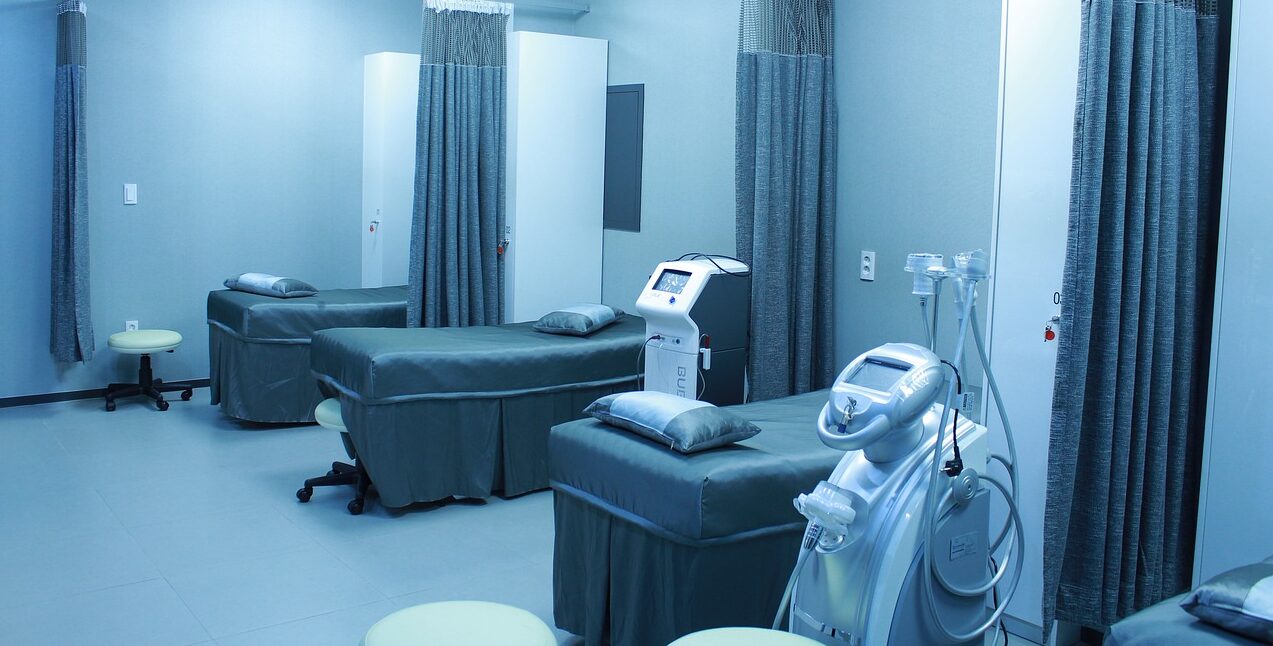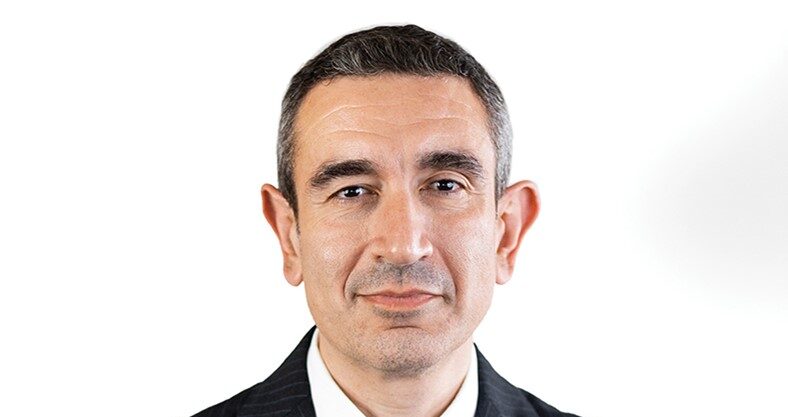Egypt’s House of Representatives has approved a draft law allowing the private sector to manage and operate public healthcare facilities.
Here is what we know about the new regulation.
The new law regulates granting concessions for public facilities to establish, manage, and operate healthcare facilities, aiming to improve quality, efficiency, and geographic distribution of services.
Certain mandatory healthcare facilities and services, as well as those with national security implications, are excluded from concessions, along with primary healthcare centers, family health units, and blood operations.
The law ensures that citizens receive the same level of services, including preventive, vaccination, and emergency services, without infringing on their rights under the Universal Health Insurance Law.
Investors must provide a percentage of services to beneficiaries of state-funded or health insurance-funded treatment at state-set rates.
The law protects Egyptian employees, requiring the investor to maintain at least 25% of the staff, with limits on the use of foreign staff.
Conditions for granting concessions and recovery of facilities are specified by the Cabinet.
Challenges
Egyptian public hospitals face various challenges, including overcrowding, staff shortages, inadequate infrastructure, and limited resources. These issues often result in long wait times, substandard care, and dissatisfaction among patients. Additionally, there may be issues related to cleanliness, equipment maintenance, and availability of essential medications. Overall, these challenges contribute to a healthcare system that struggles to meet the needs of its population effectively.
Private sector share
Egypt aims to increase the private sector’s share in the economy to 65%-70% by 2026, as part of its commitments to the International Monetary Fund (IMF).
The IMF has expanded its loan deal for Egypt in response to regional tensions, emphasizing the importance of unleashing private sector potential and reducing government and military influence in the economy.
The private sector’s share is planned to increase from 40% in 2024 to 50% in 2025, according to the Minister of Planning and Economic Development, Hala El-Said.







